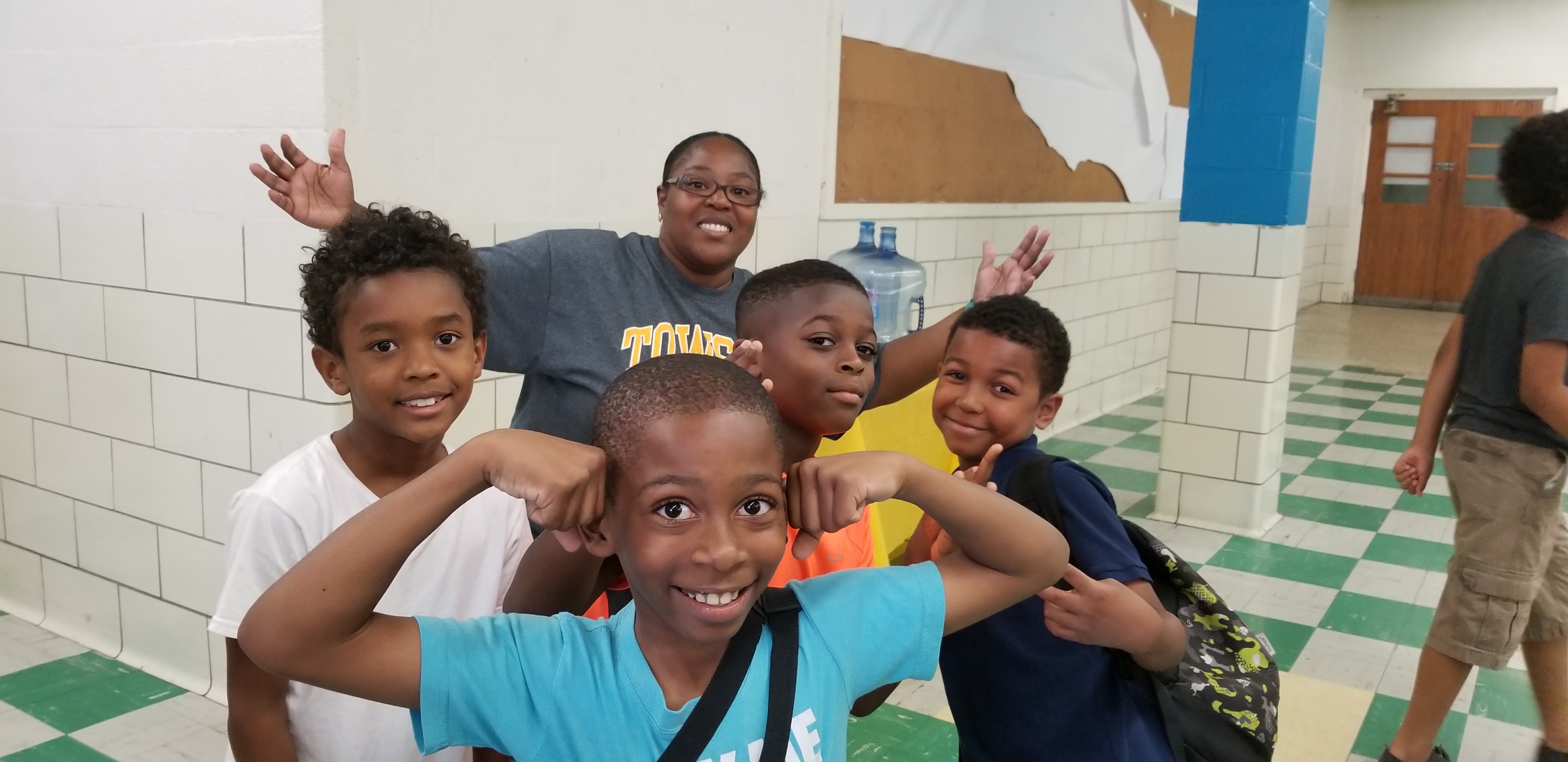
The Baltimore Urban Debate League (BUDL) brings excitement to learning. Instead of relying on rote memory, in debate kids must look at a topic from every perspective. They have to find creative ways to present the facts to make them persuasive. This is true learning because it engages the entire mind.
We love any initiative that gets kids excited about learning. That’s why, when the Baltimore Urban Debate League sent in an application for a small grant, we were happy to help. Executive Director of BUDL Coleen Reyes was also quick to agree to the following interview and her answers made us wish we were back in high school and living in Baltimore, so that we too, might enroll in this lively and sparkling program!
“Repeatedly, students share that debate is the first time that an adult listened to them so intently that they did not interrupt and even took notes.”
Kars4Kids: BUDL targets unexpected debaters: shy or rebellious students, for instance. What is it about debate that helps a child escape a label, and perhaps fulfill some hidden potential?
Coleen Reyes: What a great question! Through debate, others “have” to listen to you in order to be able to respond. For many of those unexpected debaters, it is the opportunity to be listened to and heard. Repeatedly, students share that debate is the first time that an adult listened to them so intently that they did not interrupt and even took notes. Our young people are brilliant and have solutions to problems, we just have to listen. Debate is one way to do that!
Kars4Kids: How do kids end up participating in BUDL?
Coleen Reyes: We partner with public schools in Baltimore City. Our coaches are teachers within the school. Students are invited on the team by friends, teachers, or through their own curiosity.
“Listening is the most important skill by far.”
Kars4Kids: What skills does a child need to learn to become great at debate?
Coleen Reyes: The skills of listening, questioning, researching, and creating a supported argument are crucial to winning a debate. Listening is the most important skill by far. In order to be able to respond to an opponent’s whole argument, a debater must listen to the whole thing. While ensuring to not miss any of the points, they must also look for holes in their opponent’s arguments. Without listening, rebutting is impossible. Questioning is also an important skill for debaters. As they conduct research, they must question sources. As they evaluate someone else’s argument, they ask questions. Through those questions, they can show the weaknesses of arguments. Of course, debaters learn to create supported arguments through debate. That is the foundation of the debate. The other skills, however, move this skill to expert level as they continue growing through debate.
Kars4Kids: Is it difficult for some children to remember important debate points during the heat of a debate? How does stress affect memory? How is this issue dealt with in BUDL programming?
Coleen Reyes: Debaters use notes and other materials during debates so they do not have to rely on their own memory.
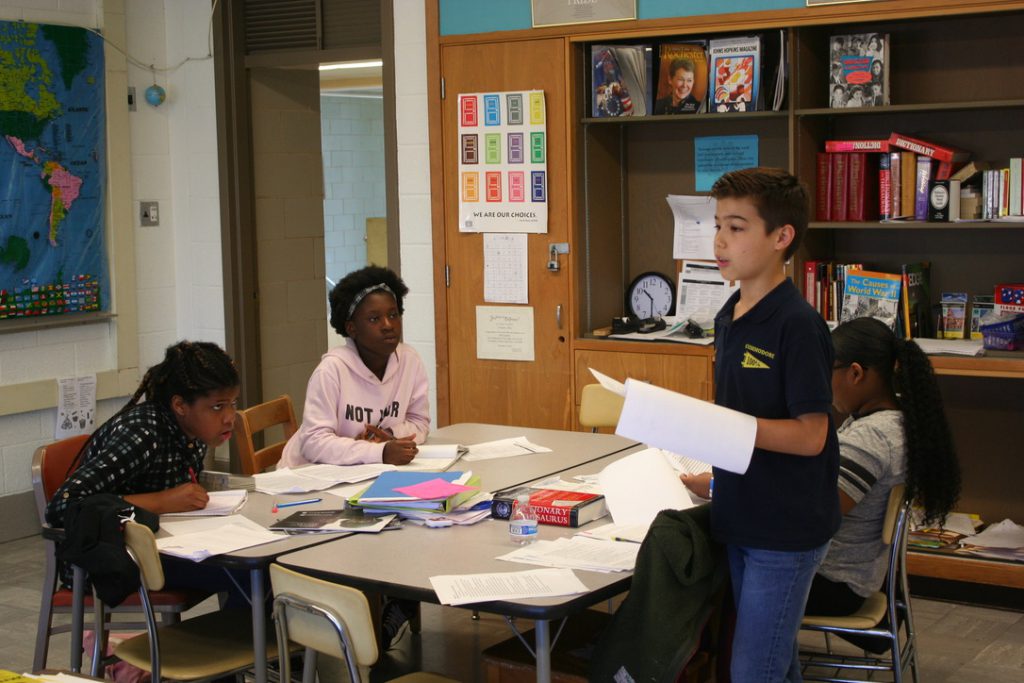
Kars4Kids: Debate relies on good critical thinking skills and in particular, thinking of points that others may not have found. Are there tricks involved in thinking outside the box, to come up with an original argument?
Coleen Reyes: Honestly, the trick is in having many discussions and thinking about the topic in different ways. We use different approaches to the same topic to come up with ways to think outside the box. When we hear other’s ideas and reactions to our ideas, we begin to develop new perspectives on the same topic. Also, since debaters have to debate both sides of the topic at teach tournament, they are constantly thinking about the other side. Knowing many sides of one topic makes them better debaters and as they debate both sides of a topic, they become better critical thinkers.
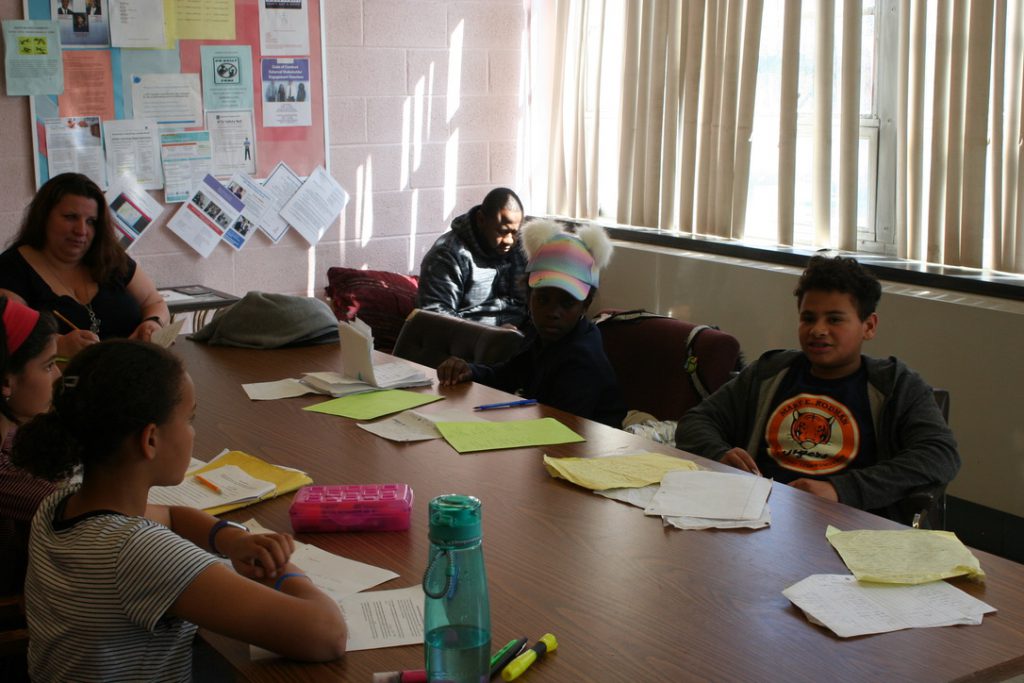
Kars4Kids: How does developing critical thinking skills affect a child’s schoolwork and future opportunities?
Coleen Reyes: Critical thinking improves students’ work in school and future opportunities. First, that critical thinking helps young people become critical consumers of information. In today’s fast-paced, information-rich world, the ability to critically consume information to get to the real story.
Kars4Kids: BUDL has been around for two decades. Can you tell us about some of your graduates and where they are, today?
Coleen Reyes: We have so many graduates doing so many things! We have alumni that are practicing attorneys, educators, activists, and more. We have had alumni work internally to train future debaters and then go on to do other things. I have personally had the honor to see several alumni go on to do great things! One alum came back to serve as a coach, work internally, leave to go to law school, partner with me to begin our own associate board, and is now a member of the bar. Another alum is about to graduate from law school. Yet another alum worked internally, left to work in higher education, now runs a program of support to first-generation students in higher education, and serves as a member of our associate board. Another alum finished college, worked at our summer camp, and is now a teacher.
Kars4Kids: Does debate help shape a student’s social emotional intelligence and if so, how so?
Coleen Reyes: Absolutely! Through debate, we find students to be more aware of and manage their own behaviors, ask for help, and find a community of support and safety. They are more socially and emotionally connected to others and themselves, with others like them and those different from them, too.
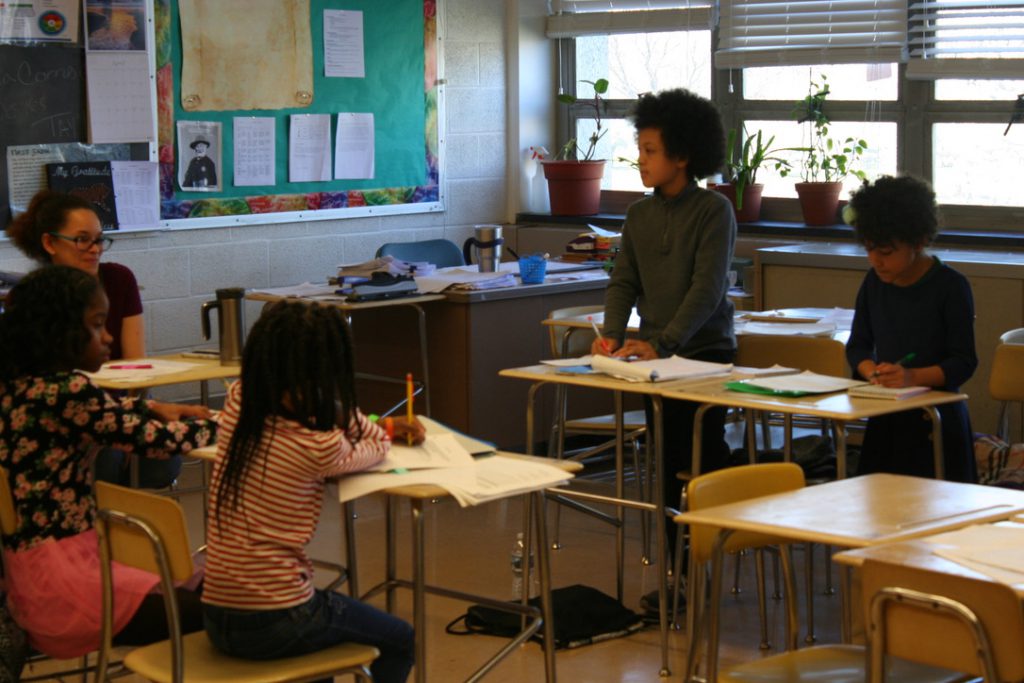
Kars4Kids: What about the competitive aspect of debate—why is it good for children to engage in competitive debate?
Coleen Reyes: Children need competition in their life and healthy academic competition is a unique opportunity in a world that focuses a lot of time and energy on sports or other endeavors. Competitive debate is a great way for students to truly dig deep to come up with innovative solutions to complex problems, and get rewarded for changing, adapting and responding to feedback. The basis for the competitiveness in the league is that our students see how working together as a team is paramount to solving problems. Where else can students compete as a team against their peers based on the merits of their ideas?
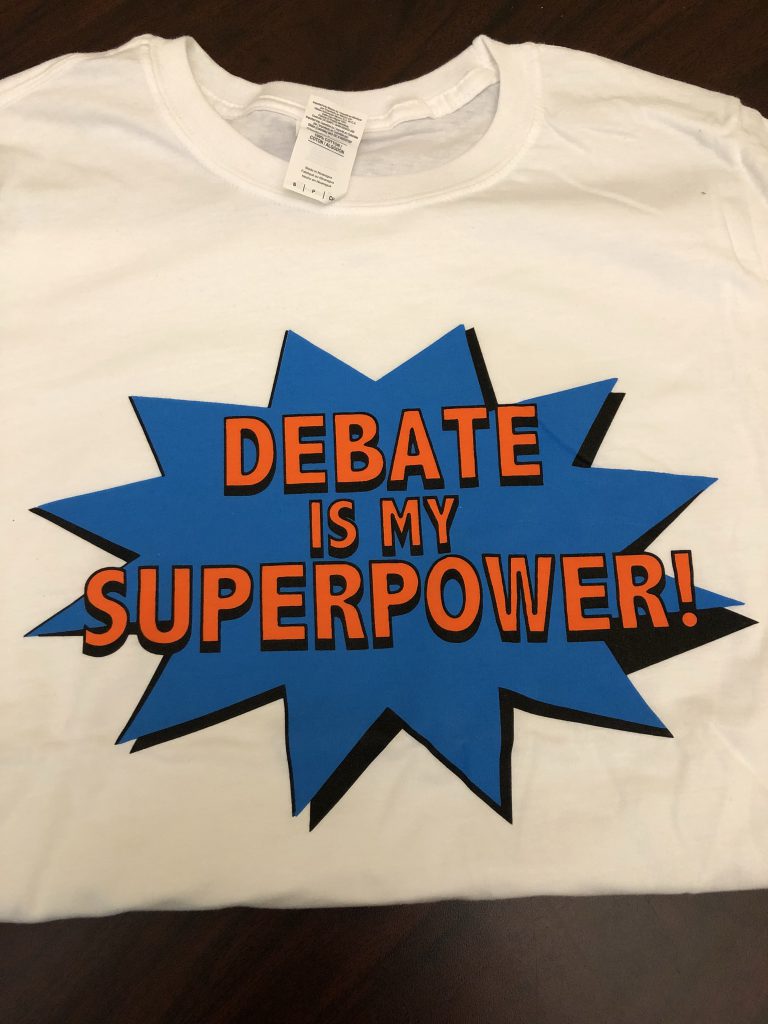
Kars4Kids: What’s next for the Baltimore Urban Debate League?
Coleen Reyes: This year and going forward, we hope to add new types of debate and speech opportunities to our young people. Traditionally, we have used one type of debate called policy debate. Our hope in the immediate years is to bring a fuller repertoire of opportunities through which our young people can grow and develop their voices in ways to better diversify the public discourse.